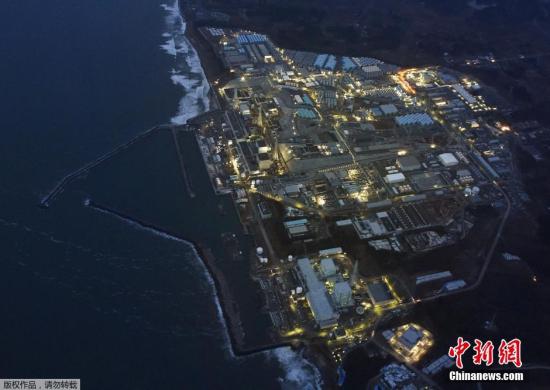China News Service, October 21. According to a report by the Japan Broadcasting Association (NHK), on the 21st local time, Japanese Prime Minister Yoshihide Suga, who was visiting Indonesia, held a press conference to discuss the possibility of Fukushima nuclear sewage being discharged into the sea. He said that the final decision has not yet been made and that discussions will continue.
Data map: Japanese Prime Minister Yoshihide Suga.
According to previous reports, the Japanese government may decide in the near future to discharge nuclear sewage stored at the Fukushima Daiichi Nuclear Power Plant into the sea.
As soon as the news came out, it was immediately met with fierce opposition from the local fisheries association, civic groups and neighboring South Korea.
In response to this problem, Yoshihide Suga said, "It is impossible to let it go all the time, and the government will take responsibility in the future and decide on the treatment plan (nuclear sewage) as soon as possible."
Data map: Fukushima Daiichi Nuclear Power Plant.
At the same time, Yoshihide Suga pointed out, “At present, the government has not finalized the handling plan and decision time, and the government will continue to have in-depth discussions on relevant opinions”.
In addition, Yoshihide Suga said that once the discharge may have a serious impact on the local image of Fukushima, "this matter will be handled properly."
On March 11, 2011, the "March 11" Great East Japan Earthquake occurred in Japan, which triggered a huge tsunami and the Fukushima nuclear disaster, killing tens of thousands of people.
At present, all nuclear sewage used to cool nuclear reactors in Japan is stored in special water tanks of nuclear power plants, but it is expected that by the summer of 2022, the capacity of the storage tanks for nuclear sewage will reach its limit.
Regarding the treatment of the nuclear sewage accumulated in the Fukushima nuclear power plant, the Japanese government has previously stated that it is safe to discharge the polluted water from the Fukushima nuclear accident into the ocean, and emphasized that the risk of affecting human health is "very small."
Several other Japanese media reported that the Japanese government may make a decision to discharge nuclear sewage into the sea as soon as possible in late October.

